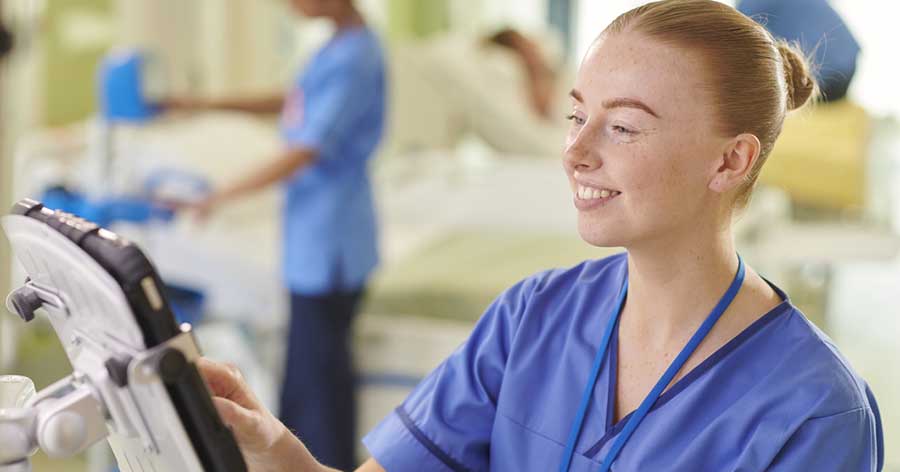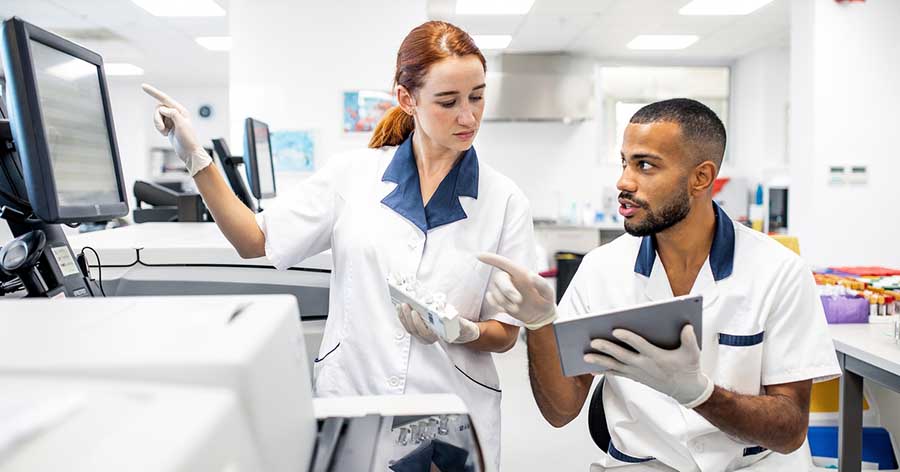There are currently around 5 million people in England at high risk of developing type 2 diabetes. If current trends persist, one in three people will be obese by 2034 and one in ten will develop type 2 diabetes (Diabetes UK, 2015). However, we all know that many cases of type 2 diabetes are preventable through making healthy lifestyle choices. But how do we go about educating those high-risk individuals?
Prevention is key
In March, NHS England released news about the first wave of Healthier You: the NHS Diabetes Prevention Programme (NHS DPP), which is due to start at some point this year. The programme will identify those at high risk of diabetes and refer them to an evidence-based behaviour change programme to help reduce their risk. The NHS DPP is a joint commitment from NHS England, Public Health England and Diabetes UK (NHS England, 2016).
The programme was launched in March 2015, initially in seven “demonstrator” sites that have been trialling different models of finding people known to be at high risk and helping them change their lifestyles. Learning has been taken from these sites to inform the programme. The first wave sites were chosen as they already had significant infrastructure in place to support volumes of referrals from the start.
Up to 100 000 people in England will be offered places on the programme. The first wave will involve 27 areas, distributed widely across the country. This programme will be rolled out to the whole country by 2020, with an expected 100 000 referrals available each year after. Those referred will get tailored, personalised help to reduce their risk of type 2 diabetes, including education on healthy eating and lifestyle, help to lose weight and bespoke physical exercise programmes, all of which have been proven to reduce the risk of developing the disease.
Over a minimum of nine months, individuals will be offered at least 13 education and exercise sessions of 1–2 hours, and at least 16 hours face-to-face. Four providers (Reed Momenta, Pulse Healthcare Limited trading as ICS Health and Wellbeing, Health Exchange CIC and Ingeus UK Limited) have been chosen to join the NHS Provider Framework, and local health services will work with their chosen providers to deliver a service for their area.
Measuring the success
While this approach must be applauded, it is difficult, within all the blurb, to see how this programme will be evaluated. I presume the main outcome will be that those referred to the programme and complete it, will be followed up for the foreseeable future to see if they develop diabetes.
There is no information as to how this programme is funded nor how much it is costing. I am sure that the education programme is top quality but, again, there is no sample curriculum nor evaluation outlined. Is this a good use of taxpayers’ money? I guess we will only find out how successful the programme is if those enrolled manage to stay diabetes free and this will involve a very long follow-up time.
Is your area involved in this first wave of the programme? If so, we would love to hear your opinions on how it is working, so please get in touch via [email protected].





Developments that will impact your practice.
29 Aug 2025